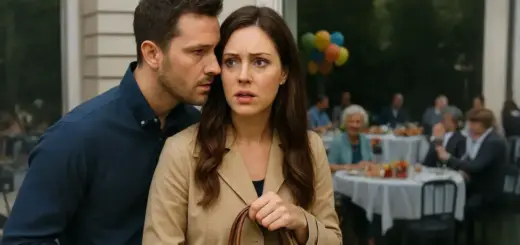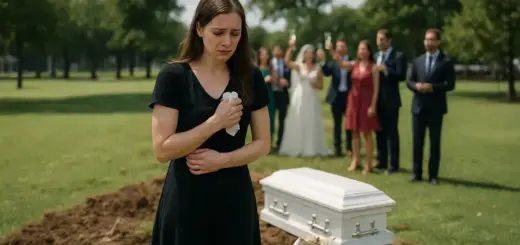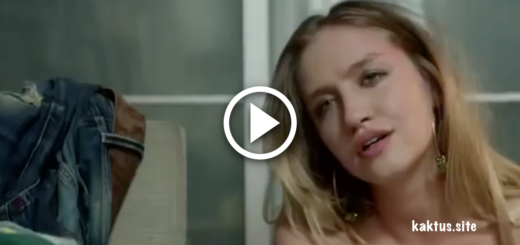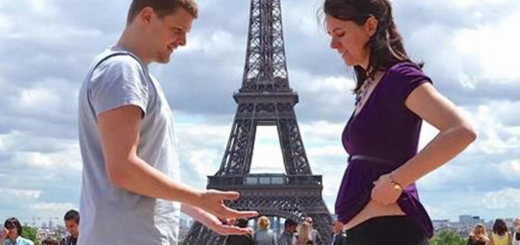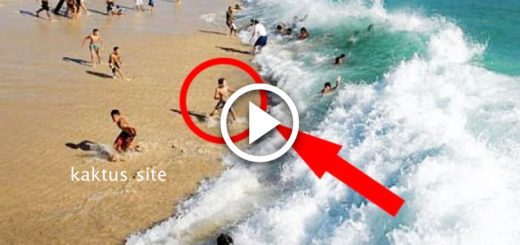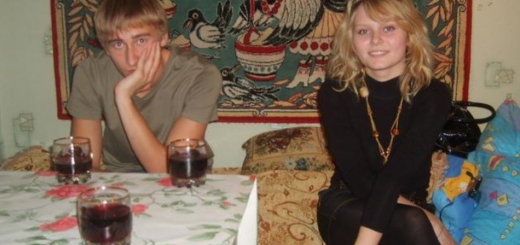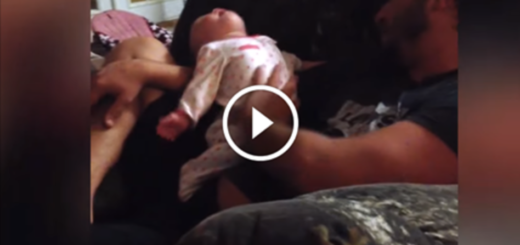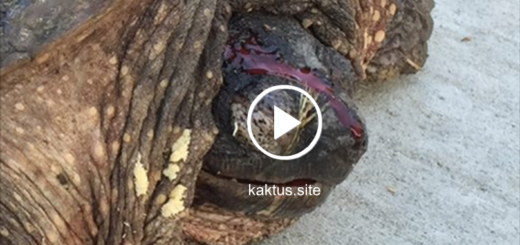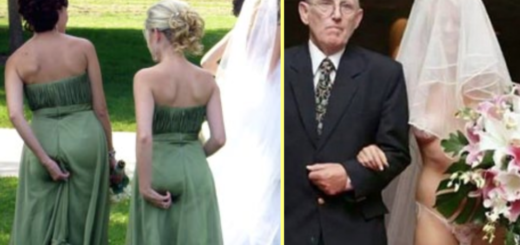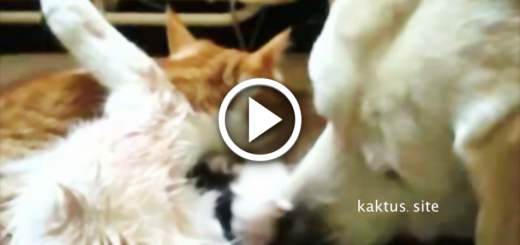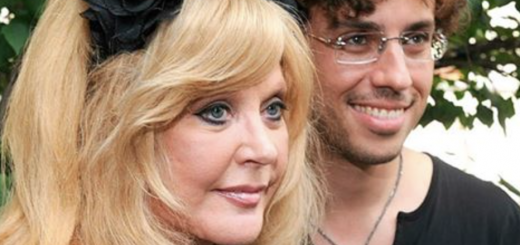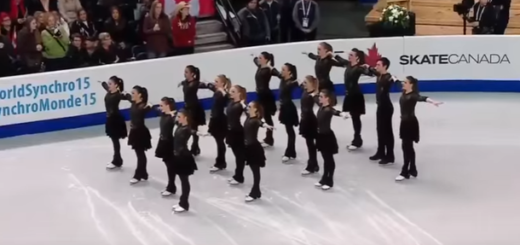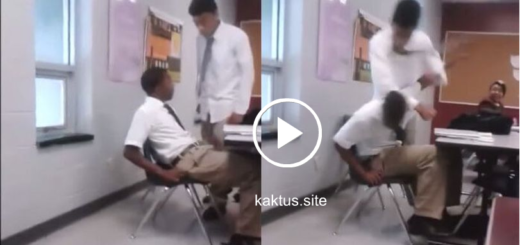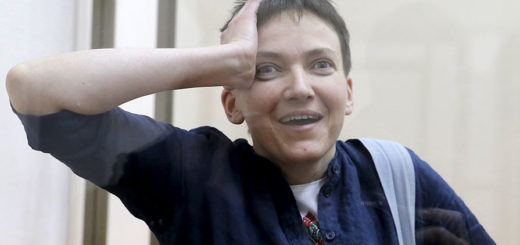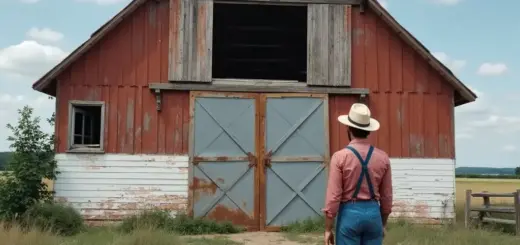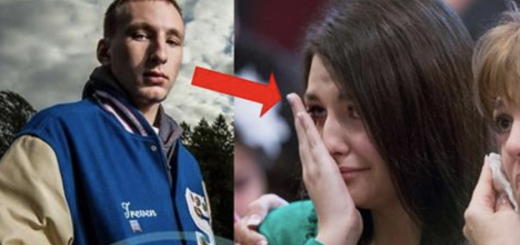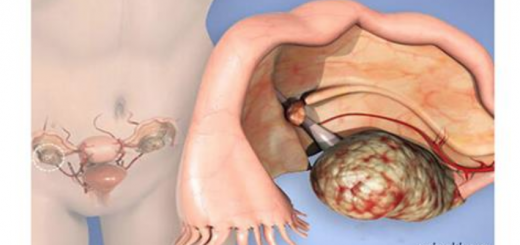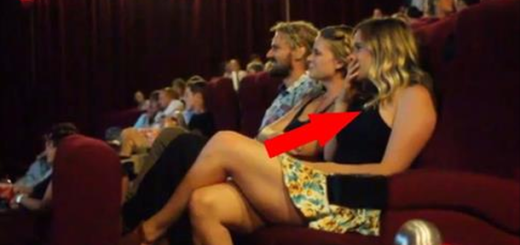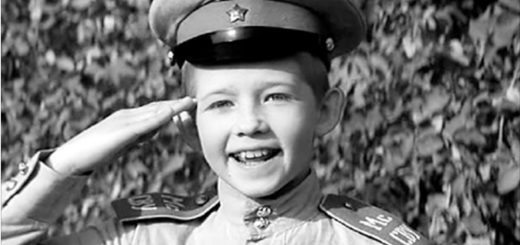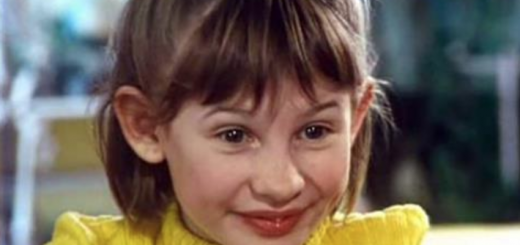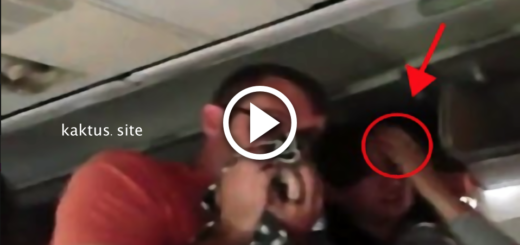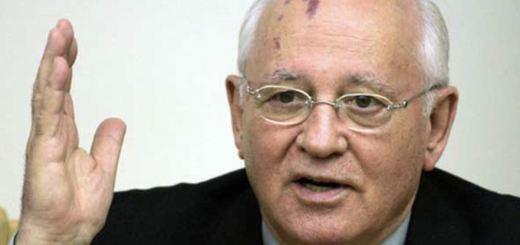Captain Davis approached.
— “Colonel, is there anything you require? An escort? Alternative transportation?”
— “No, Captain, but I thank you for coming.”
— “Sir, we will always be here for you. Always.”
Ethan walked back to his Harley-Davidson and fired up the engine. The fifty soldiers stood at attention, creating a corridor of honor as he rumbled down the street and away.
An hour later, at the local police station, Sheriff Thompson, a man of fifty-two with fifteen years in his role, answered a call from Fort Riley.
— “Sheriff Thompson, this is Captain Davis at Fort Riley. We need to discuss this morning’s incident.”
— “Captain, I’m already aware of the situation. I’ve received statements from Officers Miller and Sanchez.”
— “And what is the intended course of action?”
Thompson paused. He’d known Kaitlyn Miller for five years. She was a good officer, passionate about her work.
— “Captain, if I may be candid?”
— “Please.”
— “My officers made an error in judgment. It wasn’t a criminal act.”
— “Sheriff, let me be perfectly clear. Colonel Hayes holds no grudges. He is not pursuing legal action or seeking to ruin anyone’s career. However, we, as an institution, cannot and will not tolerate our veterans being treated in this manner.”
Sheriff Thompson understood the unspoken message perfectly. This was about political influence, institutional pressure, and consequences that extended far beyond his small precinct.
— “What would you suggest?”
— “A new training program, developed in partnership with us. Your officers will visit our base to gain a deeper understanding of what it truly means to serve this nation.”
— “It will be done, Captain.”
A week later, Sheriff Thompson convened an emergency meeting with his entire department.
— “Everyone, effective immediately, we are implementing a new protocol for civilian encounters. And all of you will be attending mandatory training at Fort Riley.”
Kaitlyn Miller, her hands trembling slightly, rose to her feet.
— “Colleagues, last week I made a grievous error. I showed disrespect to a man who has earned our deepest admiration. But from that mistake, I learned something far more valuable than any protocol or regulation. I learned about human dignity.” She looked at the faces of her fellow officers. “Every single person we stop on the street has a story. This is about treating everyone, particularly our elders, with fundamental respect. It’s about asking before we assume. It’s about listening before we judge.”
Days after, Officer Miller found herself driving down County Road 7, her heart pounding with each mile. She located the property—a simple but impeccably maintained homestead. A white-painted farmhouse with a wide porch and rocking chairs. A garden bursting with vibrant flowers. The John Deere tractor was parked by the barn, and beneath it, she could see a pair of legs in grease-stained coveralls. The Harley was resting in the cool shade of a large oak tree.
She parked her cruiser, took a fortifying breath, and walked toward the barn.
— “Colonel Hayes?”
Ethan slid out from under the tractor and wiped his hands on a clean rag.
— “Officer Miller. What can I do for you?”
— “Sir, I came to speak with you, if you have a moment.”
— “How about some coffee? I just brewed a fresh pot.”
Inside the cozy farmhouse kitchen, Ethan poured coffee into two sturdy ceramic mugs. He sat at a well-worn wooden table and gestured for her to take the seat opposite him.
— “Officer, may I ask you a few questions?”
— “Of course.”
— “Why did you choose to become a police officer?”
The question caught her off guard.
— “I… I wanted to help people. To make a positive difference in my community.”
— “And in your experience, how many traffic accidents caused by elderly drivers have you responded to?”
— “Very few, actually. The vast majority are caused by younger drivers. Intoxication, excessive speed, distracted driving…”
A gentle smile touched Ethan’s face.
— “Then why did your immediate assumption cast me as the problem?”
Kaitlyn Miller had no answer. The truth of her prejudice was too raw and too obvious to articulate.
Ethan rose and walked to the kitchen window, looking out at his cattle grazing peacefully in the pasture.
— “Respect isn’t something that’s automatically earned by a uniform or a rank, Officer. It’s earned in the way you treat every single person you meet, regardless of their age or appearance.”
She followed his gaze out the window to the old motorcycle. A profound realization dawned on her: Ethan Hayes had been riding that bike for longer than she had been alive. That 1970 Harley-Davidson still roared, it still looked old, and it was still covered in rust. But it still worked. It still got Ethan Hayes where he needed to go.
That motorcycle still had many roads left to travel. And so did Colonel Hayes. And so do we all.


